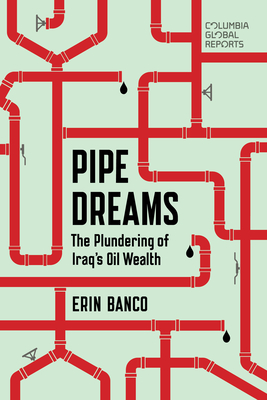Expedite your nonfiction book discovery process with Readara interviews, summaries and recommendations, Broaden your knowledge and gain insights from leading experts and scholars
In-depth, hour-long interviews with notable nonfiction authors, Gain new perspectives and ideas from the writer’s expertise and research, Valuable resource for readers and researchers
Optimize your book discovery process, Four-to eight-page summaries prepared by subject matter experts, Quickly review the book’s central messages and range of content
Books are handpicked covering a wide range of important categories and topics, Selected authors are subject experts, field professionals, or distinguished academics
Our editorial team includes books offering insights, unique views and researched-narratives in categories, Trade shows and book fairs, Book signings and in person author talks,Webinars and online events
Connect with editors and designers,Discover PR & marketing services providers, Source printers and related service providers

Pipe Dreams: The Plundering of Iraq's Oil Wealth
Political Science > World - Middle Eastern
- Columbia Global Reports
- Paperback
- 9780997722949
- 7.4 X 5 X 0.5 inches
- 0.35 pounds
- Political Science > World - Middle Eastern
- (Single Author) Asian American
- English
Readara.com
Book Description
Iraq sits on top of more than 140 billion barrels of oil, making it the owner of the world's fifth largest reserves. When the United States invaded in 2003, the Bush Administration promised that oil revenue would be used to rebuild and democratize the country. But fifteen years later, those dreams have been shattered. The Iraqi economy has flatlined, millions of people are internally displaced, and international institutions have had to provide billions of dollars in assistance to the country every year. Where did all the oil revenue go?
Reporter Erin Banco traveled to oil-rich Iraqi Kurdistan--an autonomous region that holds, according to the regional government, some 45 billion barrels of crude--to uncover how widespread corruption, tribal cronyism, kickbacks to political parties, and the war with ISIS have contributed to the plundering of Iraq's oil wealth. The region's economy and political stability have been on the brink of collapse, and local people are suffering. Based on court documents and on exclusive interviews with sources who have investigated energy companies and their dealings with government officials, Pipe Dreams is a cautionary tale that reveals how the dream of an oil-financed, American-style democracy in Iraqi Kurdistan now looks like a completely unrealistic fantasy.
Author Bio
Erin Banco is a Middle East reporter, and has been covering armed conflict and human rights violations in the Middle East for six years. She began her career as a freelance reporter in Cairo during the Arab spring. She covered the revolts in the region and the war in Syria.
After graduating from Columbia's School of International and Public Affairs, she worked as the Middle East correspondent for International Business Times, breaking stories on the rise of the Islamic State group and on the Free Syrian Army arms program. Banco also traveled to Gaza to cover the war with Israel in the summer of 2014. More recently, Banco began covering the Islamic State group's economy by tracking illicit oil sales in Turkey and Iraq.
She is a graduate of the University of Wisconsin and lives in New York City.
Source: Columbia University
Videos


Community reviews
No Community reviews

